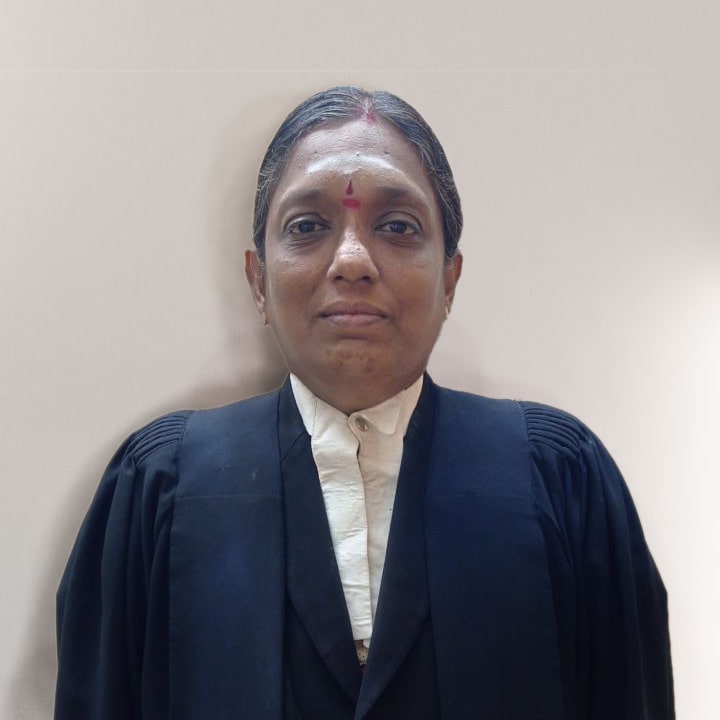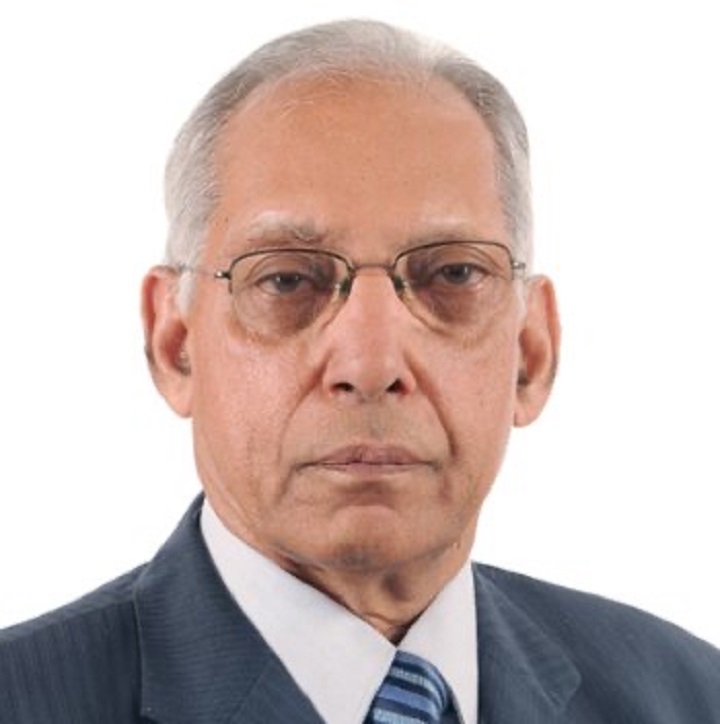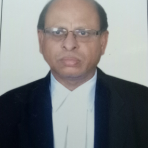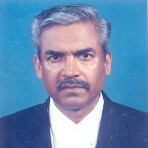Trademark, Intellectual Property, Copyright, Patent Lawyers
Intellectual Property, Trademarks, Copyright, Patents Laws in India
Find Intellectual Property, Trademarks, Copyright, Patents Laws expert lawyer in India.
|
What is Intellectual Property? What is Trademark? What is Copyright? What is Patents? What are Intellectual Property, Trademarks, Copyright, Patents Laws?
Vidhikarya will help you find a most suitable Intellectual Property lawyers in India, for you in your city, who will be able to answer all your Intellectual Property, Trademarks, Copyright, Patents Laws related queries and also guide you on how to resolve this matter with ease. |
|
About the Intellectual Property, Trademarks, Copyright, Patents Laws |
|
Black’s Law Dictionary defines “intellectual property” as “(a) category of intangible rights protecting Commercially valuable products of the human intellect. The category comprises primarily trademark, Copyright, and Patent rights, but also includes trade secret rights, publicity rights, moral rights, and rights against unfair competition.” You must contact an expert Intellectual Property Lawyers in India who has good knowledge about all the laws related to this. |
What are the applicable laws to the Intellectual Property, Trademarks, Copyright, Patents Sector?
|
The major forms of intellectual property are trademarks, copyright, and patents. However, with the rise in the complexities of human transactions, a need for better regulatory framework which led to some legislations, some of which are: The following laws have been enacted to protect newly recognized species of intellectual property in India: o The Geographical Indications of Goods (Registration and protection) Act, 1999; o The Semiconductor Integrated Circuits Layout- Design Act, 2000; o The Protection of Plants & Varieties and Farmers Rights Act, 2001; and o The Biological Diversity Act, 2002 Any expert Intellectual Property Lawyer in India will help you to understand the details of these Acts. |
Trademark:
|
As per Black’s Law Dictionary, Trademark refers to a distinctive mark, motto, device, or emblem, which a manufacturer stamps, prints, or otherwise affixes to the goods he produces, so that they may be identified in the market, and their origin be vouched for. In India, trademarks are secured both under statutory law and common law. The Trade and Stock Marks Act, 1940 ("TM Act, 1940") was the primary law in such manner in India, which was supplanted later by the TM Act, 1958. The Trade Marks Act, 1999 ("TM Act") - which has supplanted the TM Act, 1958 - became effective on September 15, 2003also, is in consistence with the TRIPS commitments. The TM Act takes into consideration the enrolment of administration marks and three-dimensional marks also. India takes after the NICE Classification of goods and services, which is fused in the Schedule to the Rules under the TM Act.1 A Trade Marks Registry had been set up for the motivations behind the TM Act, 1940, which has kept on working under the TM Act, 1958 and TM Act. The Trade Marks Registry is under the charge of the Registrar of Trademarks. The head office of the Trade Marks Registry is in Bombay (Mumbai) and its branches are at Calcutta (Kolkata), Delhi, Madras (Chennai), and Ahmedabad. The territorial jurisdiction of every office has additionally been allotted.
|
Copyright:
|
As per Black’s Law Dictionary, Copyright refers to the right of literary property as recognized and sanctioned by positive law. A right granted by statute to the author or originator of certain literary or artistic productions, whereby he is invested, for a limited period, with the sole and exclusive privilege of multiplying copies of the same and publishing and selling them.
The Copyright Act, 1957 ("Copyright Act"), bolstered by the Copyright Rules, 1958 ("Copyright Rules"), is the representing law for copyright assurance in India. Considerable amendments were done to the Copyright Act, in mid-2012 ("Amendment").A portion of the striking amendments have been examined in this section. |
Patent:
|
As per Black’s Law Dictionary, patent is a legal document which provides protection to the ideas of any individual. Usually issued by the Patent Office of a country, the patent is granted to any firm or individual. Usually, patents constitute of four different classes: Machine (a device or apparatus created by a person for the performance of a specific task, process (a process created by an individual), manufacture (any fabricated or manufactured product) or the composition of matter (any chemical mixture or compound created by a person). Patents can be sued for. In India, the law overseeing patents is the Patents Act, 1970 ("Patents Act"). In India's proceeded endeavours to consent to its dedication under Outings the Patents Act has been altered thrice since 1995, by the Patents (Amendment) Act, 1999("To start with Amendment"), the Patents (Amendment)Act, 2002 ("Second Amendment") and Patents(Amendment) Act, 2005 ("Third Amendment"), Prior to the Third Amendment, the President of India had proclaimed Patents (Amendment) Ordinance, 2004("Statute"), which was later supplanted by the ThirdAmendment.44 The enactment is bolstered by the Patents Rule, 2003 ("Rules"). The accompanying layouts the present Indian patent law system. |
The Lawyers on this page are the experts on Intellectual property Lawyers in India. You can contact them for any query.
Search Result : Expert Tax property tax Lawyers
Consult Expert Tax property tax Lawyers in India
Advocate Abhimanyu Shandilya
Advocate Anik
Bangalore
Advocate Anish Palkar
Mumbai suburban
Advocate Prabhakara S K Shetty
Bangalore
Advocate Arvind Tripathi
Allahabad
Advocate Shrikrushna Tambde
Nagpur
Advocate Bharat Majmundar
Vadodara
Advocate Girraj Prasad
Jaipur
Advocate Adrian Phillips
Mumbai
Advocate Noel D'souza
North Goa
Advocate Karunasish Chakraborty
Kolkata
Advocate Surbhi Sharma
Delhi
Advocate Mayur D. Khunti
Anand
Advocate Abhradip Jha
Kolkata
Advocate Jaswant Singh Katariya
Gurgaon
Advocate Rhea Luthra
East Delhi
Advocate Kishan Dutt Kalaskar
Bangalore
Advocate Vivek Tanwar
Gurgaon
Advocate Dr Gubbi's House Of Justice
Bangalore
Advocate Rajagopal Sripathi
Hyderabad
Advocate Rohit Dalmia
Mumbai suburban
Advocate Rajendra Prasad
Hyderabad
Advocate Kunal Sharma
Jaipur
Advocate J N Dwivedi
Allahabad
Advocate Samarjeet Shandilya
Ranchi
Advocate Dsouza
Mumbai
Advocate A. G. Syam Kumar
Thiruvananthapuram
Advocate J. P. Singla
Faridabad
Advocate Subratha Ray
Central Delhi
Advocate Rajneesh Kumar
Karnal
Advocate Parikshit Bisht
Dehradun
Advocate Rahul Singh
Varanasi
Advocate Manoj Parve
Pune
Advocate Jitendra Kumar
Noida
Advocate Shanti Ranjan Behera
Bhubaneswar
Advocate Paresh M Modi
Ahmedabad









































































